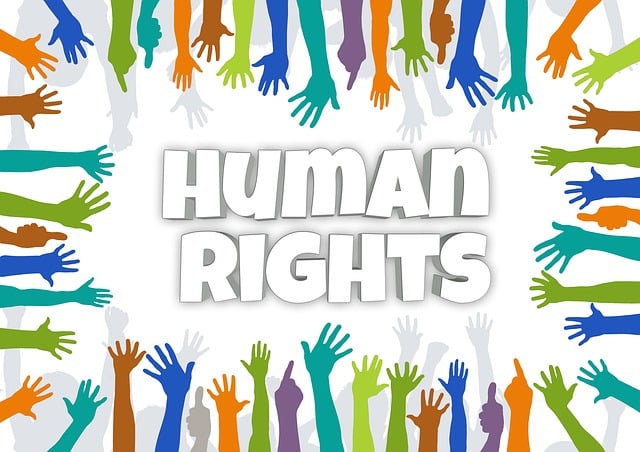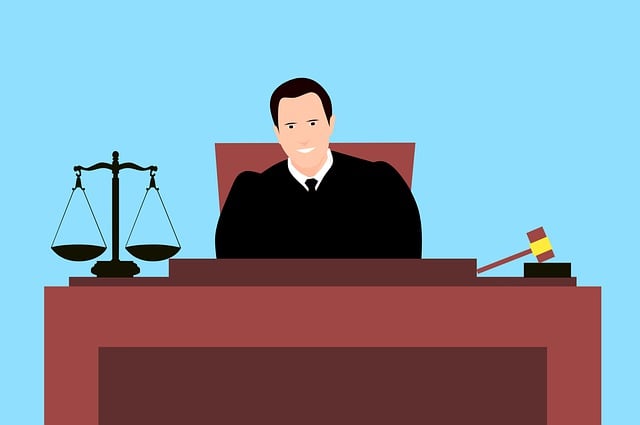Navigating Healthcare Compliance Legal Issues involves complex interplay of anti-corruption statutes and industry regulations. Proving public corruption in healthcare requires robust evidence and understanding of illicit activities like bribery, embezzlement, and conflicts of interest. Strict compliance, ethical culture, and thorough record-keeping are key defenses. Jury trials ensure accountability, but high stakes necessitate strategic multidisciplinary teams for effective navigation through these legal challenges.
“Public corruption charges pose significant legal challenges, especially within the intricate landscape of healthcare. This article guides professionals through the maze of navigating healthcare-specific allegations, offering insights into understanding public corruption’s legal framework. We explore effective strategies for defense, emphasizing proactive compliance measures to mitigate risks. In today’s regulatory environment, staying informed about these legal issues is paramount for maintaining integrity and ensuring sustainable operations in healthcare.”
- Understanding Public Corruption Charges: Legal Framework
- Navigating Healthcare Industry Specific Allegations
- Defending Against Accusations: Effective Strategies
Understanding Public Corruption Charges: Legal Framework

Navigating Healthcare Compliance Legal Issues is a complex task, especially when public corruption charges are involved. These cases are governed by intricate legal frameworks designed to combat misconduct within government and public institutions. The primary focus is on ensuring transparency, accountability, and ethical conduct in sectors critical to public welfare, such as healthcare.
Understanding the legal framework requires a deep dive into anti-corruption statutes and regulations specific to the healthcare industry. Prosecutors must prove beyond a reasonable doubt that an individual or entity has engaged in bribery, embezzlement, or abuse of power. Key elements include illicit financial transactions, false statements, or conflicts of interest. Avoiding indictment hinges on adhering to strict compliance standards, maintaining meticulous records, and fostering a culture of ethical practices within healthcare organizations. Jury trials play a pivotal role in holding accountable those who breach public trust, with the potential for achieving extraordinary results in terms of justice and deterring future corruption.
Navigating Healthcare Industry Specific Allegations

Navigating Healthcare Compliance Legal Issues can be a complex task, especially when allegations arise regarding public corruption. The healthcare industry is particularly scrutinized due to its sensitive nature and high-stakes financial transactions. When white collar defense attorneys represent corporate and individual clients facing these charges, they must delve into intricate regulatory landscapes and interpret complex legal frameworks.
These investigations often uncover alleged misdeeds such as insurance fraud, kickback schemes, or the inappropriate use of patient funds. Defense strategies in healthcare corruption cases require a thorough understanding of industry-specific compliance requirements and potential loopholes. The outcome can significantly impact not only the organizations involved but also their employees, potentially leading to high-profile jury trials that reflect upon the integrity of the entire sector.
Defending Against Accusations: Effective Strategies

Navigating Healthcare Compliance Legal Issues can be a complex task, especially when facing public corruption charges. A robust defense strategy is paramount to countering such accusations, which often involve intricate financial transactions and regulatory compliance issues. One effective approach is to assemble a multidisciplinary team that includes legal experts in healthcare regulations, white-collar crime specialists, and forensic accountants. This collaborative effort ensures a comprehensive understanding of the case’s technical aspects.
The team should focus on building a solid defense by examining the specific allegations and gathering evidence to disprove them. They can also highlight any philanthropic and political community involvement that may have contributed positively to the organization’s reputation, thereby mitigating the impact of perceived negative actions. Additionally, demonstrating proper corporate governance practices and individual client accountability can significantly strengthen the case against accusations of economic crimes.
Public corruption charges can significantly impact the healthcare industry, highlighting the importance of understanding and navigating specific legal frameworks. By recognizing the unique allegations within this sector, organizations can implement effective defense strategies. Staying compliant with healthcare regulations is crucial to mitigating risks and ensuring robust defenses against public corruption accusations. This involves a meticulous approach to documentation, transparent practices, and proactive compliance measures. Through these means, healthcare entities can safeguard their reputation and operational integrity in an era of heightened scrutiny.






